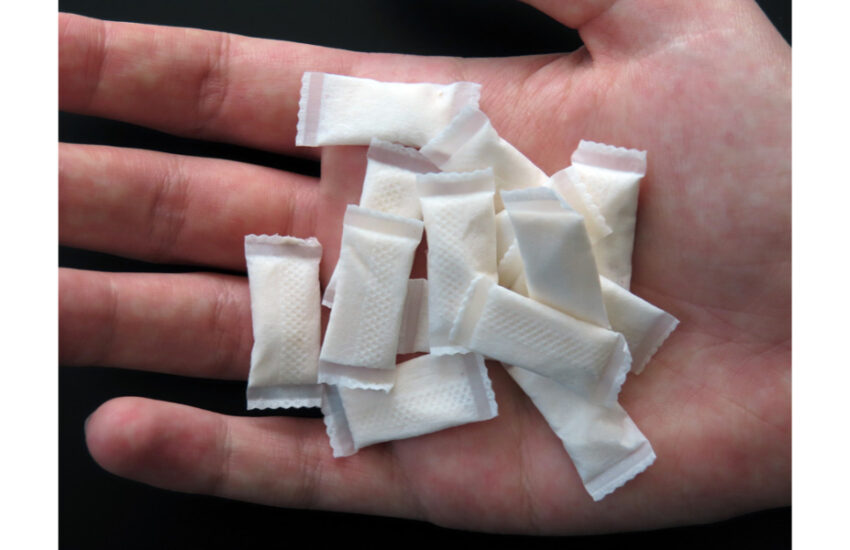How to control hypertension with dietary modification
One of the commonest risk factors for heart disease is hypertension. Hypertension is defined as systolic blood pressure more than 130 mm Hg or more, or a diastolic blood pressure, more than 80 mm Hg.
The first step for someone who is facing mild or pre-hypertension by the best General physician in Lahore is to recommend dietary changes and lifestyle modification. Following a heart healthy diet, and working out alone can sufficiently lower the blood pressure to optimal ranges.
Read on to know how dietary and lifestyle changes can help lower blood pressure:
Lose a few pounds
Losing some extra weight can effectively lower blood pressure. For every kilogram of weight that you lose, you can bring down your blood pressure by 1 mm Hg. Apart from the weight, it’s important to keep the abdominal circumference in the optimal range. Belly fat and weight around the abdominal region is an independent risk factor for cardiovascular disease, hypertension and diabetes. Men are at risk if they have a waist circumference more than 40 inches, while women are at risk if their waist measurement is greater than 35 inches.
Reduce sodium in the diet
Sodium or salt, attracts water and increases pressure. The blood vessels follow the same principle, and eating a salt rich diet can increase blood pressure greatly.
Reduction of sodium in the diet, on the other hand, can reduce blood pressure by 5 to 6 mm Hg for hypertensive patients.
The aim should be to keep the daily intake of salt under 1500mg, but even up to 2300 mg would also suffice.
Some tips to reducing the salt in diet include: reading the label if eating packaged food to give you an idea of how much sodium it contains, and using an alternative if the amount is high. Eating fewer processed foods, as they have the most sodium in them, using herbs and spices to add flavoring to the food. You can slowly taper off the amount of salt you use so your body and palate can get used to the change.
Switch to the DASH diet plan
The DASH diet or the Dietary Approaches to Stop Hypertension is a diet tailored to lower the blood pressure. This plan emphasizes the intake of vegetables, fruits, low-fat dairy, whole grains, fish, nuts and cutting back on red meat, sweets, sugary drinks, sodium (less than 1500 mg per day), saturated and trans-fat and cholesterol.
Research suggests that following the DASH diet for as little as two weeks can bring down the blood pressure.
Lower your intake of caffeine
The role of caffeine in blood pressure is debatable. For people who are regular drinkers of coffee and tea, caffeine has not much impact on their blood pressure. However, people who rarely consume caffeine, can see a rise of up to 10 mm Hg if they have coffee or tea.
If you think caffeine is having an effect on your blood pressure, take a reading of your bp within thirty minutes of having a caffeinated drink. If you see an increase of 5 to 10 mm Hg, then talk to top General physician in Karachi about the change in your blood pressure due to caffeine.




